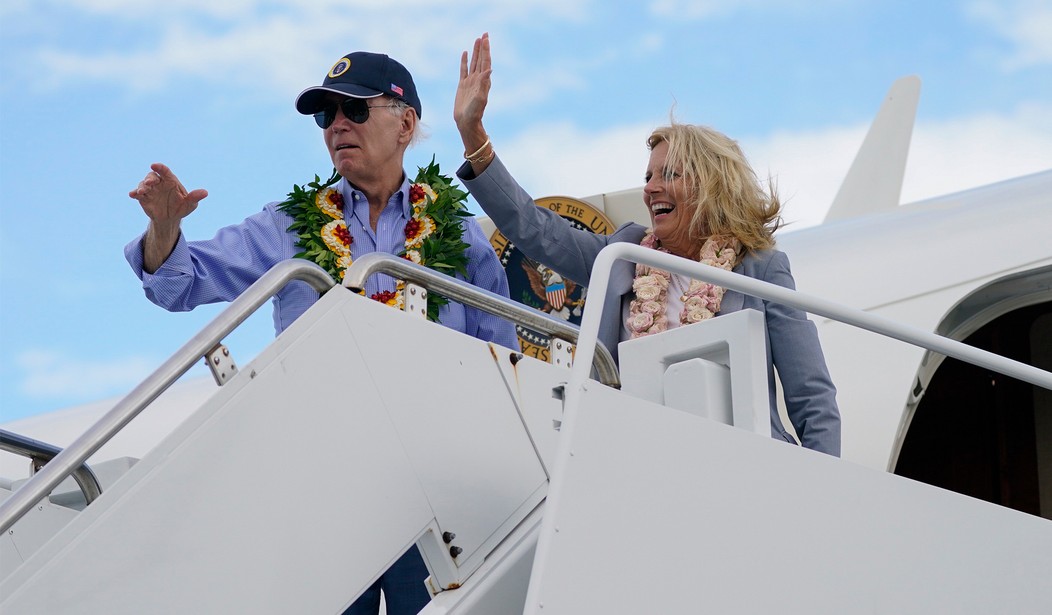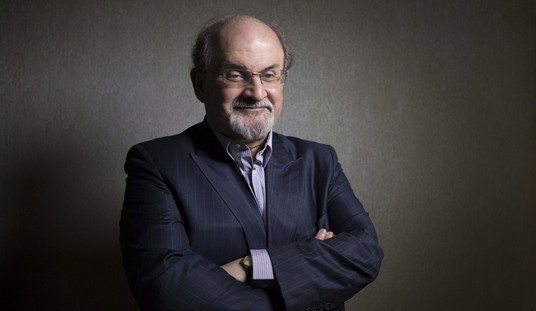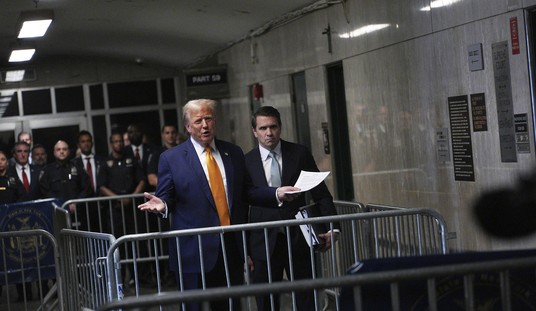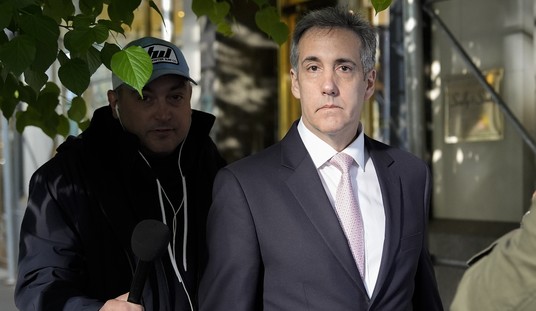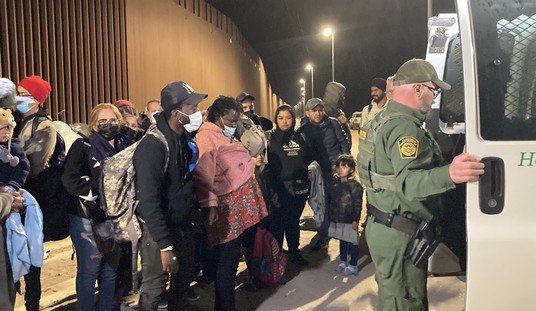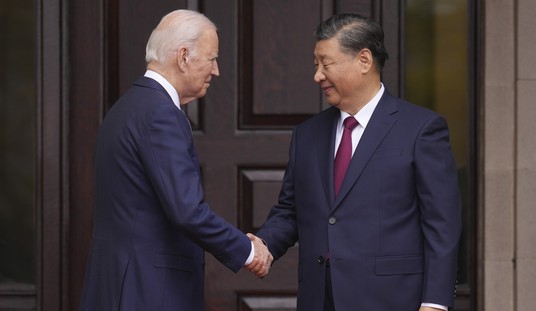If Joe Biden’s handlers are still struggling to find some sort of theme or slogan for his 2024 basement campaign, they may have struck gold this week following Uncle Joe’s trip to tour the wildfire damage on Maui and offer his tone-deaf condolences. (I understand how you feel after your entire village burned to ashes and whole families went missing. I lost my wife in a car crash, you know...) Biden trotted out yet another promise that he’s made before in other circumstances when it comes to federal aid for those impacted by the disaster. Joe has repeatedly said that we will be funding the proxy war in Ukraine “for as long as it takes” even if a majority of the country disapproves. And he’s made it more than obvious that he will keep trying to hammer through his unconstitutional student debt relief scheme no matter how many tries it requires. And now, he has promised the people of Maui that he will be pumping aid to them – again – “for as long as it takes.” You may be beginning to sense a theme here. (Associated Press)
President Joe Biden on Monday told survivors of Hawaii’s wildfires that the nation “grieves with you” and promised that the federal government will help Maui “for as long as it takes” to recover after touring damage caused by the deadliest wildfire in the United States in more than a century.
Biden arrived in Maui 13 days after the wildfires that have taken at least 114 lives ravaged the western part of the island. Standing near a burned, but still standing, 150-year-old Banyon tree, the president acknowledged the “overwhelming” devastation but said that Maui would persevere through the tragedy.
“Today it’s burned but it’s still standing,” Biden said of the tree. “The tree survived for a reason. I believe it’s a very powerful symbol of what we can and will do to get through this crisis.”
First, please allow me to make clear that, unlike the situation in Ukraine, there should be no question about federal aid for the people of Maui who went through the wildfire. Those are (for the most part) American citizens and legal residents who went through something horrendous and beyond their control. They need and deserve help and this is a productive and humane use of federal funds. (A seeming rarity these days.) Of course, I certainly hope that we aren’t still searching for bodies and putting out flames a year and a half from now, but we need to do what is needed.
Technically speaking, the fire that devastated Lahaina was probably not an “act of God,” or at least not entirely for reasons we’ll discuss in a moment, but it falls into the same category. The residents didn’t bring this upon themselves and were given almost no warning. Most lost virtually everything, including their lives in far too many cases. FEMA and other agencies will need to be properly situated and resourced to meet those needs.
But it’s not enough to simply apply the bandages, heal the wounds, and rebuild the structures. If at all possible, changes should be championed to ensure this doesn’t happen again. There were indeed human elements involved in this debacle, though how much could have been different under other circumstances will likely never be entirely clear.
First of all, it appears that Hawaii had the wrong people in positions of authority who should have been managing the situation more competently. The head of the Maui Emergency Management Agency, Herman Andaya (who resigned for “health reasons” after the disaster) had no qualifications for the position. He had no education or experience in disaster relief or emergency management and no qualifications beyond being the Maui County mayor’s chief of staff. When disaster struck, the alarm sirens were never activated. They weren’t broken. They just weren’t turned on. Andaya claims to have his own reason for that decision, but that’s what happened and we’ve seen the results.
Also, why did the fire spread so rapidly, giving residents so little time to attempt to flee? One reason is that the vegetation in the area leading up to the mountainside was far drier than usual. And why was that, given that this year’s rainfall has been fairly typical? We might ask the deputy director of the Department of Land and Natural Resources Commission on Water Resource Management, M. Kaleo Manuel. He’s in charge of all water resources in the region and he delayed releasing water to battle the fire because of some political dispute he had been having with West Maui Land Co. Prior to that, Manuel had been on record saying that he believes that water is “holy” and he had avoided requests to release more water to irrigate the areas that wound up burning. He had concerns that there wasn’t enough “equity” in the distribution of water.
It appears that there was more than a little incompetence on display. Without some sort of accurate crystal ball, we can’t say for sure that the fire would have been prevented or even substantially less serious if the issues mentioned above had been handled differently. But we can say with near certainty that there is at least a reasonable chance that some part of this unmitigated disaster might have been avoided or at least mitigated. Having political appointees with no background or experience in charge of important offices responsible for saving lives is beyond preposterous. And placing someone in charge of a resource as universally critical as water who is more interested in ensuring “diversity, equity, and inclusion” in his decision-making than making sure the water actually goes where it is needed has now arguably killed human beings.
It will take ages to clean up Lahaina and the surrounding areas of Maui even after we (hopefully) find the rest of the survivors and recover the bodies. But part of that clean-up effort should be focused on cleaning house inside the local and state government. The people deserve better and the families of those who were lost are owed at least that much.

